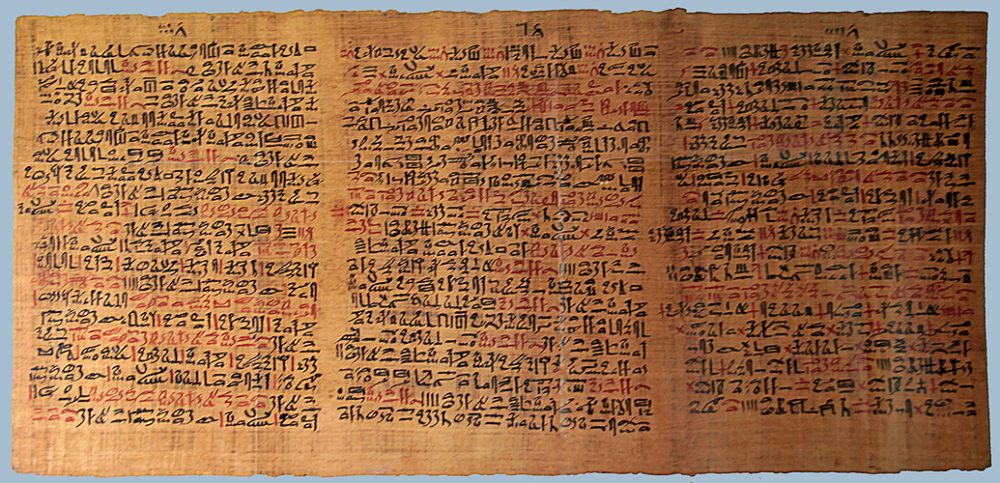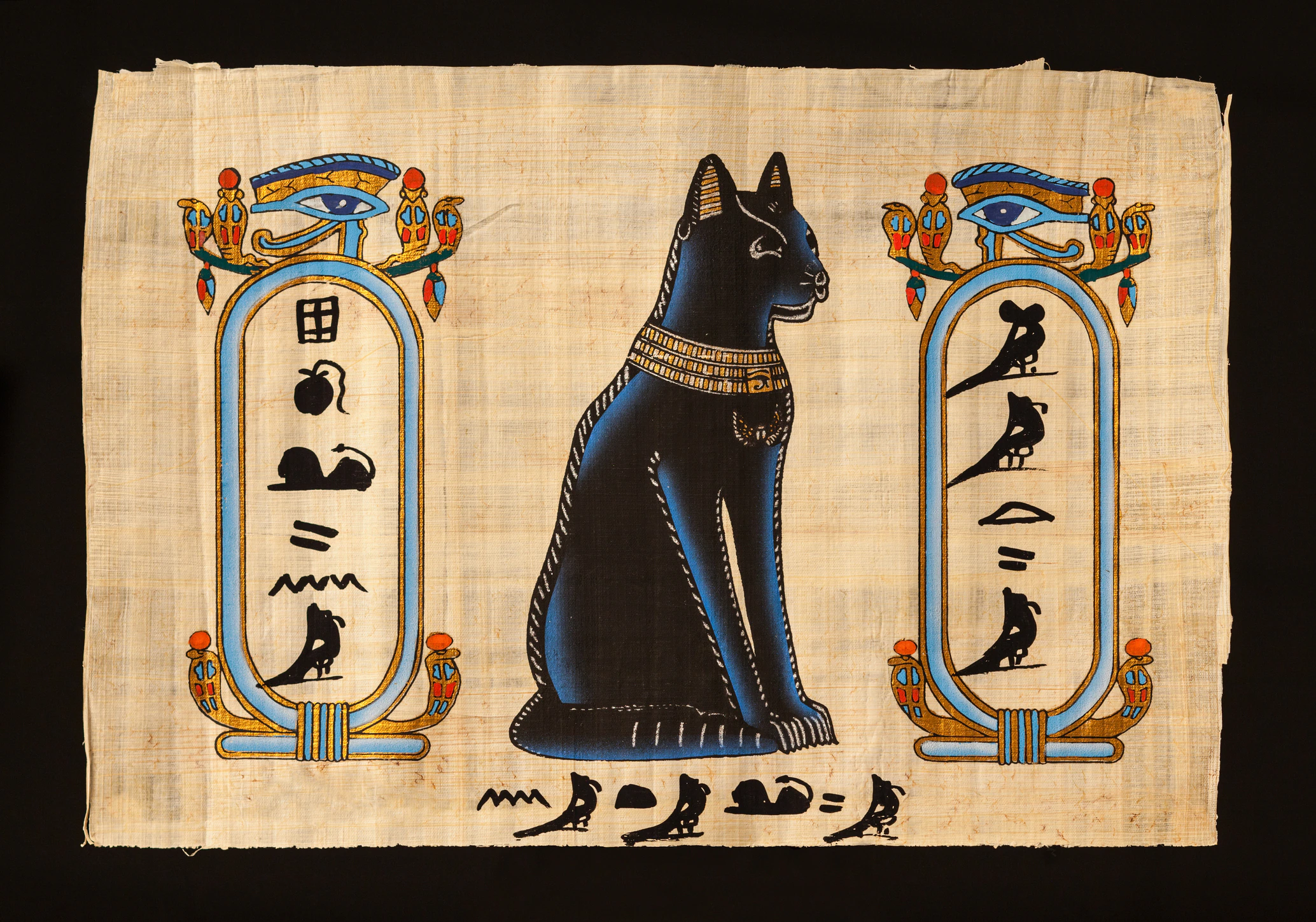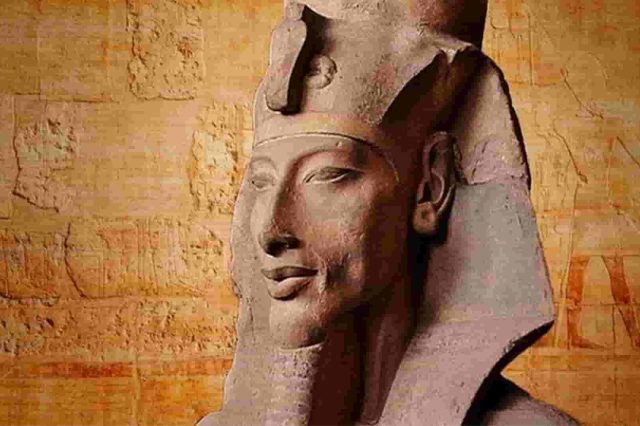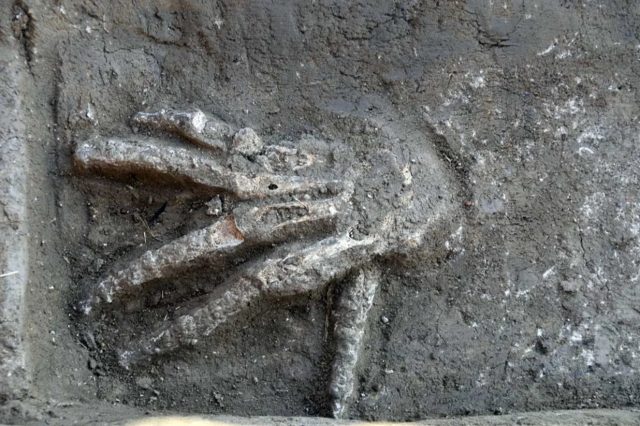Thousands of years back in time, laws did not restrict the use of cannabis and the plant was widely used by ancient cultures for a variety of purposes.
Believe it or not, cannabis has been one of the most common medicinal herbs since the earliest eras of human history. Long before it was used for smoking, cannabis appeared in ancient medicine, may it be Egyptian, Chinese, or any other. Back then, there were no laws to restrict the use of the plant and its properties and effects were well appreciated for a variety of purposes.
Most of what is known about the use of cannabis in ancient Egypt has been derived from translations of ancient medical papyri. But besides the ancient scrolls, historians know of various depictions of cannabis that evidence its significance in medical, cultural, and even religious practices. There is evidence to suggest that in certain religious ceremonies honoring the worship of a god, people used cannabis to connect with the heavens and the afterlife.
Mentions of Cannabis in Ancient Egyptian Medical Papyri

The earliest known mentions of cannabis in ancient Egypt come from the Ramesseum III Papyrus, dated to around 1700-1750 BCE. There, it was described as an eye remedy that, crushed and mixed with celery, was used as a morning wash for the eyes.
Next up, we have the Ebers papyrus. Dated to around 1500 BC, it is the oldest Egyptian comprehensive medical book and it describes several medical formulas for cannabis. Within the 700 medical formulas, there are several that describe cannabis as a reliable painkiller. Furthermore, it has also been used for far more curious and rare medical conditions – as a gynecological remedy.
A more recent scroll known as the Berlin Papyrus (circa 1300 BC) shows that cannabis became more and more integrated into ancient Egyptian medicine and with time, it became used as a treatment for a wider variety of medical issues.
One specific treatment mentioned in the papyrus is for schistosomiasis, a fever caused by parasitic flatworms that could enter your system in one way or another. Shemshammer (the ancient Egyptian name for cannabis) was mixed with other ingredients and then used for fumigating the patient. The papyrus also mentions other fevers and points to cannabis as a reliable ointment.
The Chester Beatty Papyri dated to around 1200 BC also mentions the use of cannabis but this time as a treatment for diarrhea and other intestinal diseases.
All in all, we see that cannabis was well integrated into ancient Egyptian medicine and healers found a variety of uses that apparently helped with certain conditions.
Translation difficulties make it hard for experts to fully understand the medical uses of hemp but there is no doubt that with time, it became widespread. And although the earliest mentions are from the Ramesseum III Papyrus, most papyri are considered to be copies of more ancient texts. What I mean by that is that cannabis was likely used far earlier than we know.
Alternative uses of Cannabis in Ancient Egypt
Besides the obvious medical uses that we already discussed, cannabis played a role in other aspects of life in ancient Egypt.
For instance, archaeologists have found that it was used in the production of fabrics and even ropes. Furthermore, there is evidence that it was used in stone quarries to break down large stone slabs for transportation.
Since cannabis fiber expands when soaked, ancient Egyptians used it in cracks with the idea to fracture the large stone pieces. As you know, tools were much more primitive in ancient times (although their architectural achievements suggest otherwise).
There is more than enough evidence to support the theories that cannabis was also widely used for ceremonial, cultural, and religious purposes as well. For instance, archaeologists found traces of cannabis in the mummy of Pharaoh Ramesses II when it was discovered in 1881.
Such traces have been discovered in many other mummies since then but historians do not have a definitive answer for the actual purpose of cannabis in these cases. This, however, proves that the plant had a much more common use in ancient Egypt.
It is safe to say that the ancient Egyptians and possibly most advanced ancient cultures understood cannabis better than modern medicine does or is allowed to reveal. This does not mean that it should be legalized in our modern world but perhaps scientists should initiate better research to prove its actual medical properties. It is true that ancient medicine did not have the amenities of modern technology but they certainly knew a lot more about natural remedies than us.
Join the discussion and participate in awesome giveaways in our mobile Telegram group. Join Curiosmos on Telegram Today. t.me/Curiosmos
Sources:
• Attia, V. I. (n.d.). Cannabis (marijuana-hemp) in Ancient Egypt.
• Brusco, R. (2017, March 17). A versatile Plant: What were the many uses of cannabis in ancient egypt?
• Ledger, E. (2021, January 15). Cannabis Use in the Ancient World: Ancient Egypt.
• This is HOW scholars think Ancient Egyptians used Cannabis 3,500 years ago. (2021, January 28).
• Wrona, T. (2021, January 26). Ancient Egypt’s rich history of medical cannabis.





